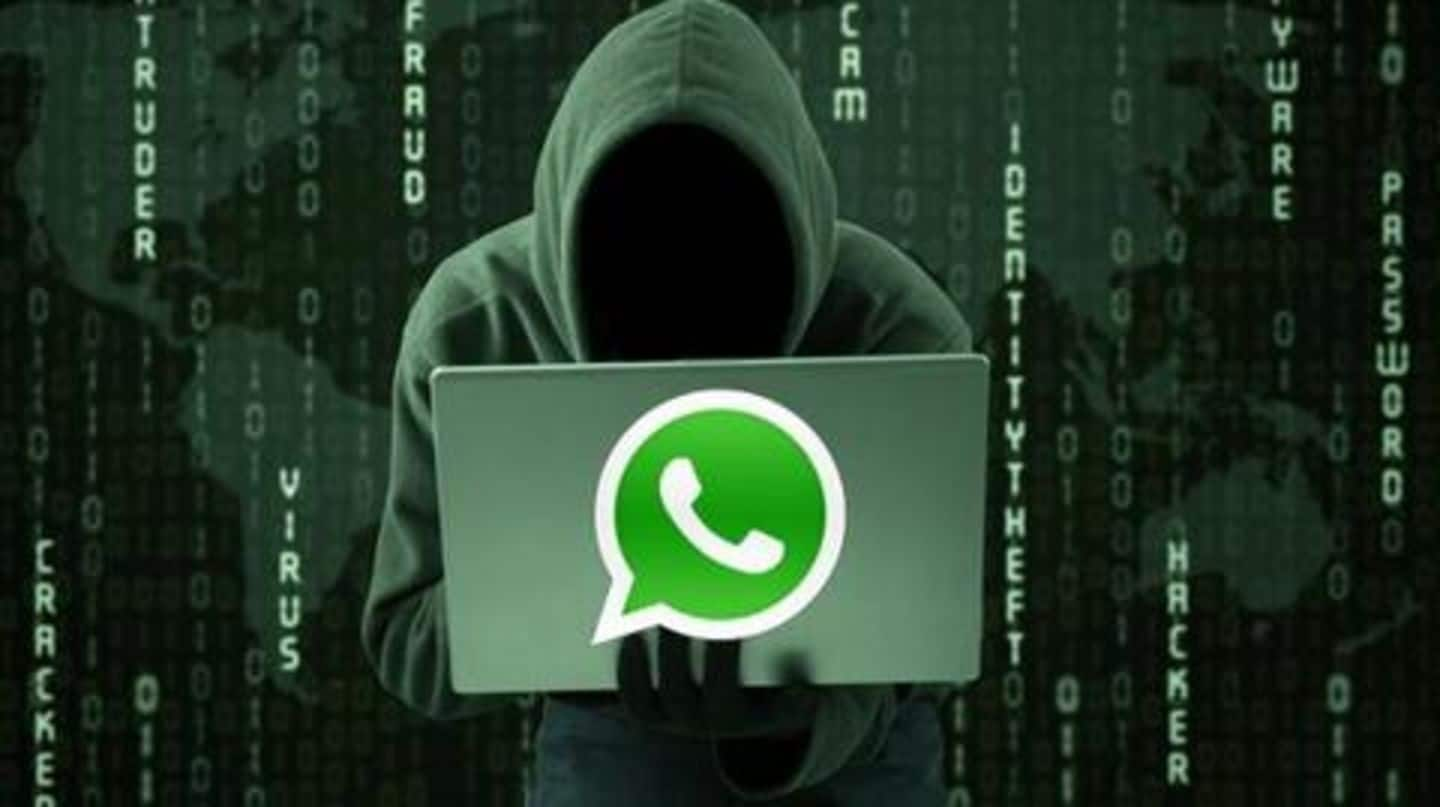
Several Indian activists, journalists targeted by Israeli WhatsApp spyware
What's the story
In a shocking disclosure, WhatsApp has revealed that Israeli spyware Pegasus was used to snoop on the messages of several Indian journalists and activists.
The confirmation from the Facebook-owned company came just a day after it filed a lawsuit against NSO Group, the security firm accused of developing and injecting this malware into the messaging service.
Here's all you need to know about it.
Issue
Pegasus proliferated via WhatsApp calls in May
The existence of Pegasus came to fore in May when cybersecurity company Citizen Labs claimed that the spyware was being used to exploit a vulnerability in WhatsApp.
It had alleged that the malicious program was being injected by the way of WhatsApp calls - even if you didn't answer - to spy on private, end-to-end encrypted conversations of journalists and human rights advocates.
Revelation
Two dozen Indian journalists, human rights activists among targets
Though WhatsApp had fixed the vulnerability in May itself, an internal investigation conducted over the last few months revealed that the spyware was targeted at over 1,400 people, including diplomats, political dissidents, journalists, and government officials.
Of these 1,400, at least two dozen were India-based academicians, lawyers, Dalit activists, and journalists, The Indian Express learned from its sources.
Confirmation
WhatsApp confirmed attack in India, but denied sharing details
Notably, a WhatsApp spokesperson did confirm that Indian activists and journalists have been targeted by the spyware, but they denied sharing the exact number of the targets or their names.
"While I cannot reveal their identities and the exact number, I can say that it isn't an insignificant number," the representative said, adding that the victims have now been informed about the surveillance operation.
Contact
Two-week surveillance until May 2019
According to The Indian Express' report, those Indian users who were contacted by WhatsApp this week were informed that their phones were under state-of-art surveillance for a two-week period until May 2019.
The goal behind these specially crafted messages is to ensure that the affected party is aware of the issue and is well prepared to dodge something like this in the future.
Lawsuit
Now, NSO Group is being sued by WhatsApp
Having said that, WhatsApp is now suing NSO Group for being involved in these spyware attacks.
The messaging giant claims to have enough evidence tying NSO Group to the matter, but the latter has refuted all the claims.
It has maintained that its tech is given to licensed government intelligence and law enforcement agencies to help them fight terrorism, not for use against activists/journalists.